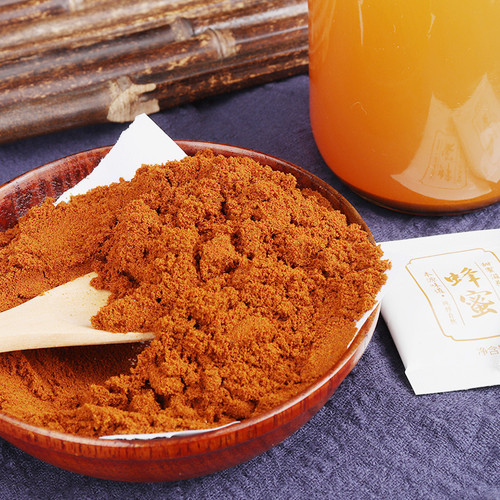Product Overview
Type: Herbal Tea
Packaging: Bag
Origin: China
Description: Hawthorn berries, or "haws" as they're often called, are used for both medicinal and culinary purposes. More importantly, they're loaded with bioflavonoids, proanthocyanidins and other antioxidants, making hawthorn particularly effective for cardiovascular care.
Heart failure
Heart failure is a condition whereby the heart is unable to pump enough blood to other organs in the body. Hawthorn has been extensively studied in people with heart failure, showing positive results. Studies published in Pharmacognosy Review suggest that hawthorn berries significantly improves heart function. In fact, the low/negligible incidence of side effects experienced by patients indicate that hawthorn is particularly useful in treating stage I and II heart failure. Hawthorn can enhance a person's ability to exercise following heart failure. It can also improve symptoms of fatigue and shortness of breath.
Angina
Hawthorn may help combat angina, caused by low blood flow to the heart. Research published in The Indian Journal of Traditional Knowledge suggests that hawthorn dilates coronary blood vessels and improves blood flow. In addition, it strengthens heart muscles and helps to rid the body of excess salt and water.
High blood pressure
Hawthorn berries may also be useful for controlling blood pressure.
Immune system
In addition to the antioxidants eliminating dangerous toxins from the body, the vitamin C in hawthorn berries are also boosting the activity of your white blood cells to increase your overall health.
Anxiety
In many traditional medicines, hawthorn berries are used for certain psychological conditions, including stress, anxiety and even depression.
Digestive health
The many organic compounds found in hawthorn interact with gut flora to improve digestion. Additionally, the fiber in hawthorn improves the digestive process, helping with constipation, bloating and cramping.
Intestinal infections
Apart from improving nutrient uptake and eliminating constipation, it's also suggested that hawthorn may help eliminate intestinal infections like tapeworms.
Eczema and psoriasis
You may even apply hawthorn berry solution topically to the skin. Some of the organic compounds have anti-inflammatory properties. Therefore, hawthorn may reduce itching on healing wounds or from other skin conditions such as eczema or psoriasis.
High cholesterol
Research shows that hawthorn may lower LDL ("bad") cholesterol and triglycerides in the blood. Hawthorn berries simultaneously increased serum levels of HDL cholesterol and decreased LDL cholesterol. By doing so, hawthorn may reduce the risk of cardiovascular disease.
Increases energy
Hawthorn can expand the coronary blood vessels, which allows for more blood to circulate through the body. That means a higher level of energy or alertness. When the body is properly oxygenated, cognitive skills improve, energy levels rise and metabolism can work at optimum levels.
Antioxidant properties
Hawthorn berries contain active compounds with antioxidant properties. Antioxidants are substances that scavenge free radicals, which alter cell membranes, hinder DNA and cause cell death. Free radicals contribute to premature aging and many other health problems, including heart disease. Antioxidants found in hawthorn counteract free radicals and may reduce or prevent some of the damage they cause.
Brewing Guide: 1 teaspoon hawthorn berries, 8 ounces hot water. Steep the hawthorn for 5 minutes. You can sweeten with honey and add a little lemon if you like. You can also add it to other herbal teas to make your own blend, and create a unique tasting herbal tea.
The powdered berry is convenient to add to foods and beverages or to encapsulate as a dietary supplement.










